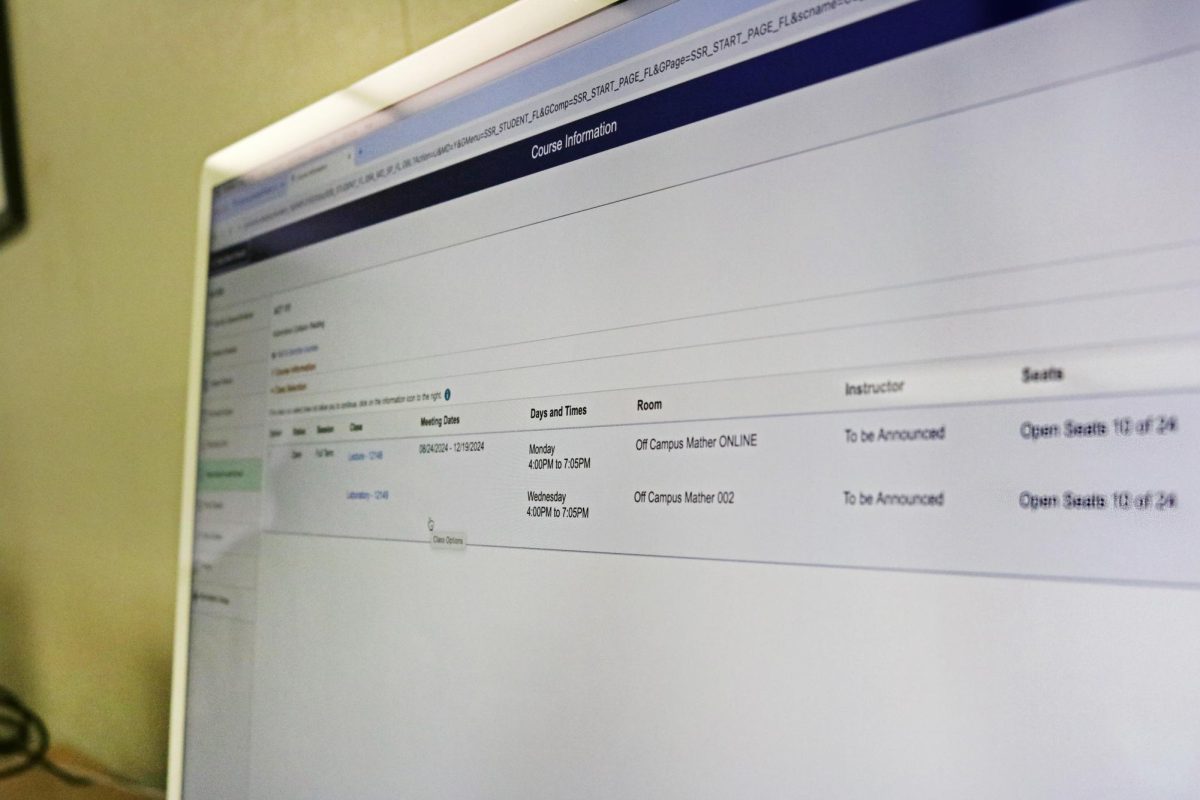In a society that keeps seeing education prices skyrocket (the average cost to attend a state college in 2012 was $22,261, and $33,000 if you’re attending a private university), recent college graduates are finding it extremely hard to find decent paying jobs. Even though the unemployment rate among graduates are noticeably lower, compared to the national unemployment rate, is it worth accumulating thousands of dollars in student loans only to graduate into a job market that is quickly fading?
There is a pilot program in California, which grants students studying science, technology, engineering, or mathematics (STEM) the opportunity to pay a flat rate of $10,000 for their bachelor’s degree.
Bill Gates challenged educators to make it economically friendly for students who are a part of STEM. The initiative proposes to cut the priciest parts of acquiring an education, specifically in classroom teaching. This means fewer students in the classroom and a heavier reliance on online classes.
Is the idea of a $10,000 degree good? Yes, but it only benefits a select number of students. Typically, students who graduate with a bachelor’s degree in science, technology, engineering, or mathematics tend to make more money compared to majors such as English, theater arts, and psychology. Furthermore, people who are not involved in STEM will pay full tuition for their education, and since non-STEM degrees tend to make less money after graduation, students not involved in STEM will most likely struggle paying off student loans. Also, students who decide to pursue the 10K Bachelor Degrees will be getting less face time with their instructors, consequently meaning they can pass a test online compared to an in-class test (which tends to be easier). Should we let future doctors, technicians, and engineers cut corners to get their degree?
The Current supports the benefits of the degree, but does not support the limited degree options being offered. The questions that need to be answered that haven’t been addressed by politicians are: Can a quality education be obtained at a discounted price? And, will online education become a necessity in order to provide these low-cost degrees?
Ultimately, this is a positive step in the right direction, but politicians should make the program accessible to all majors rather than to the selected STEM program options.













